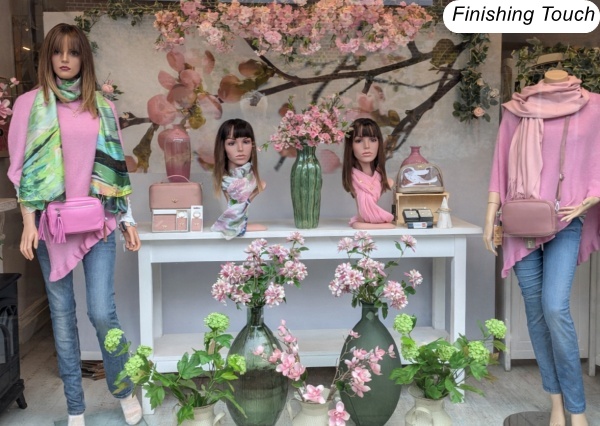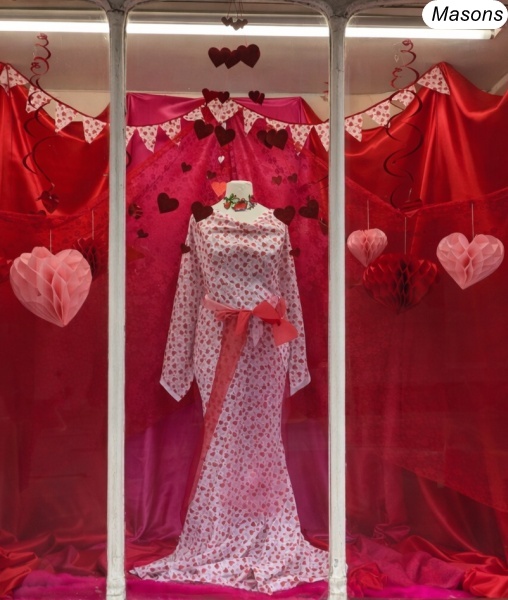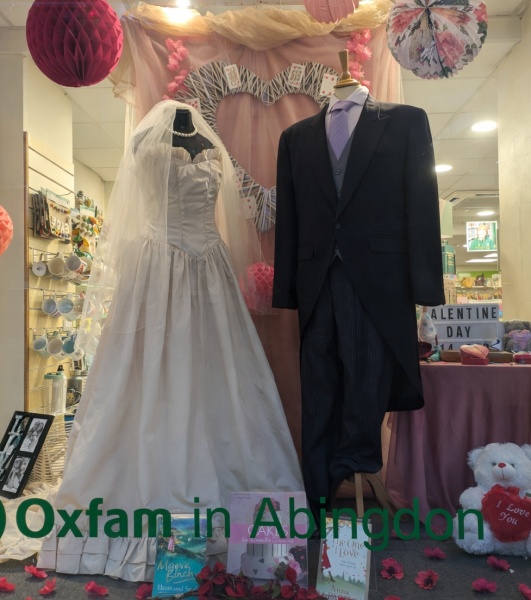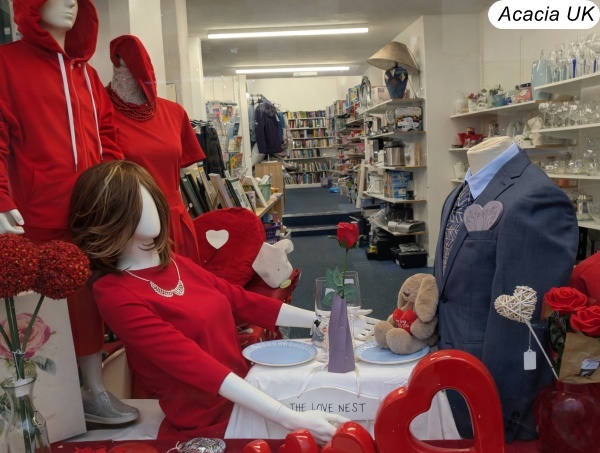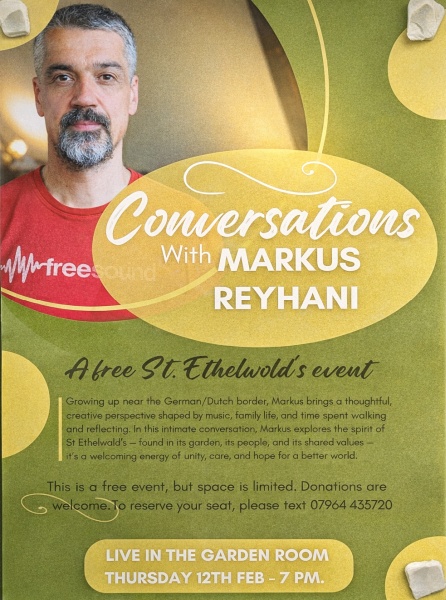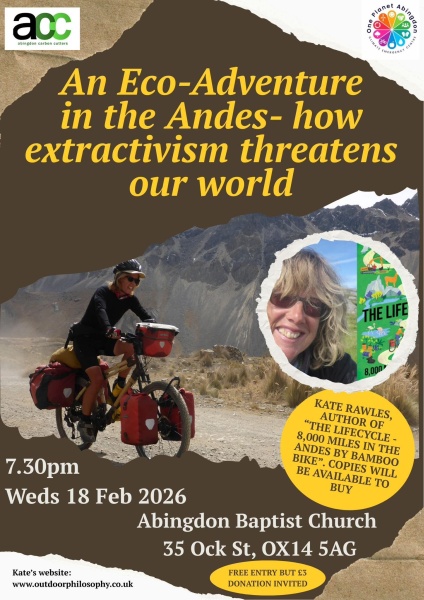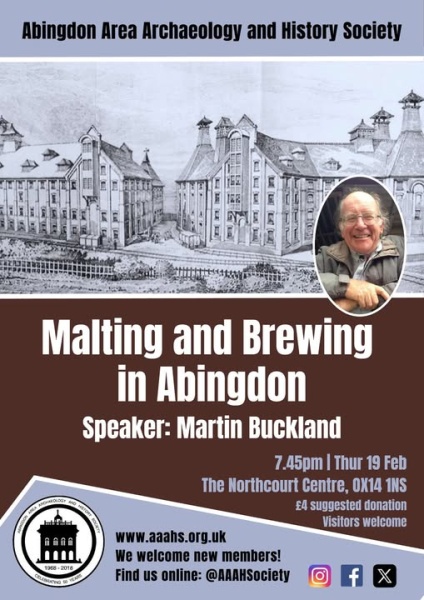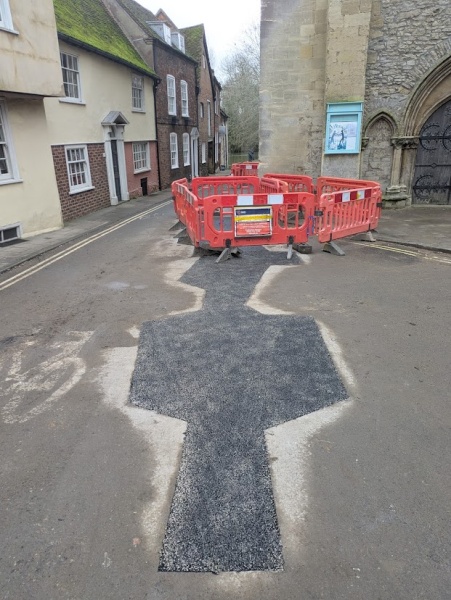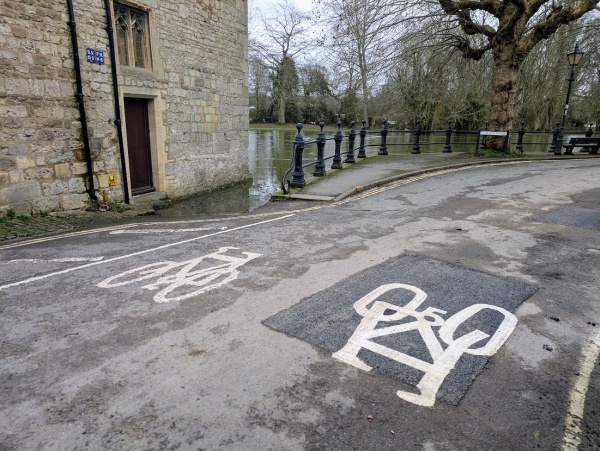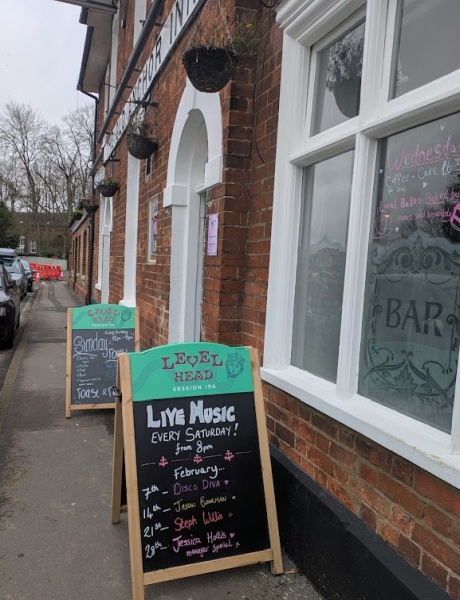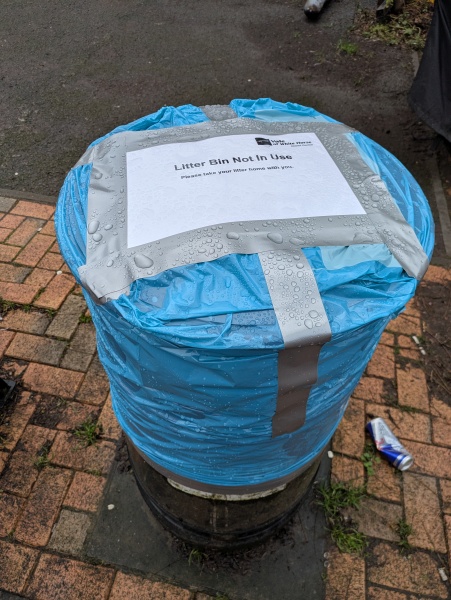
There are three litter bins close together in Old Station Yard, Abingdon. All three have been wrapped in blue liners and sealed with tape and carry a notice from Vale of White Horse District Council: ‘Litter Bin Not In Use. Please take your litter home with you.’
I tried looking on the VWHDC website. I did not find the reason but did find that town centre bins are emptied daily, outer town bins once a week, and others when they are around 75% full.
70% of what goes into public litter bins could be recycled. Once mixed with food waste, liquids or dog mess, they must be disposed of as general waste. The website says public litter bins are intended for general rubbish such as:
* Sandwich packaging
* Fast food packaging
* Disposable coffee cups
* Soft plastics and wrappers
* Bagged dog waste.
